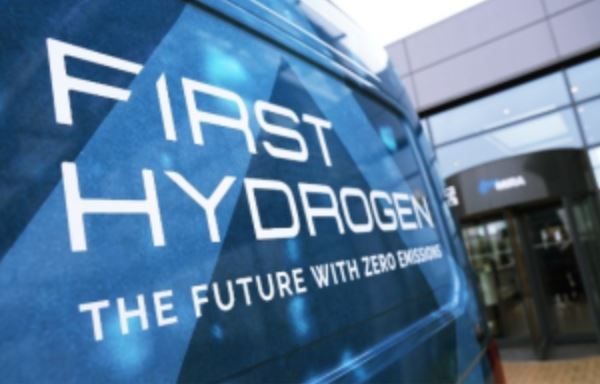First Hydrogen has recently signed a non-binding letter-of-intent (LOI) with a significant German multinational automotive manufacturer.
This partnership aims to secure a supply of e-Vans to be equipped with First Hydrogen’s proprietary hydrogen-fuel-cell powertrain.
The LOI outlines First Hydrogen’s plan to integrate its fuel-cell technology into German-branded light commercial vehicles. This integration will benefit from the German manufacturer’s engineering expertise, technician support, and certification processes. By leveraging this partnership, First Hydrogen hopes to expedite the deployment of hydrogen-powered commercial vehicles for fleet operators, particularly targeting the North American market.
While the LOI is a significant step, it is essential to recognize that it remains non-binding. The success of this collaboration hinges on the eventual signing of a definitive agreement, the specifics of which will determine the true feasibility and impact of this venture.
First Hydrogen’s fuel-cell electric vehicle (FCEV) has demonstrated commendable performance metrics in recent trials. Notably, during tests conducted with a large multinational logistics company in London, the FCEV operated for over eight hours per day, handling multiple deliveries per hour. The vehicle showcased its ability to deliver 60kW outputs during transient accelerations and achieved a peak range of 630km (400 miles) on a single refueling.
These results are promising, indicating the vehicle’s capability to handle demanding operational conditions such as carrying heavy payloads, navigating hilly terrains, and powering auxiliary equipment. However, these trials, while successful, represent controlled scenarios. The transition to widespread commercial use will necessitate further validation in diverse and real-world conditions.
First Hydrogen’s foray into the North American market with hydrogen-powered vans aligns with a growing trend towards decarbonizing the transport sector. The company’s early entry into the market with its initial FCEVs, coupled with successful trials in the UK, positions it favorably against competitors. However, the global hydrogen vehicle market is fiercely competitive, with major players such as Toyota, Hyundai, and Nikola already making significant strides.
In this context, First Hydrogen’s partnership with a renowned German automaker could provide the necessary technical and logistical support to scale its operations. Yet, the company must navigate several challenges, including the high costs associated with hydrogen production, storage, and infrastructure development. Moreover, securing regulatory approvals and establishing a reliable supply chain for both vehicles and hydrogen fuel will be critical for long-term success.
Integrating First Hydrogen’s powertrain into established vehicle platforms presents both opportunities and challenges. Access to the German manufacturer’s engineering and certification processes can enhance the technical reliability and market readiness of the FCEVs. However, achieving seamless integration while maintaining cost-effectiveness and performance standards will require meticulous planning and execution.
Furthermore, the LOI’s focus on customization for fleet operators underscores the need for flexibility in addressing specific operational requirements. This customization could range from payload capacity adjustments to optimizing fuel efficiency for varied driving conditions, thereby enhancing the appeal of hydrogen-powered vehicles to a broader customer base.
